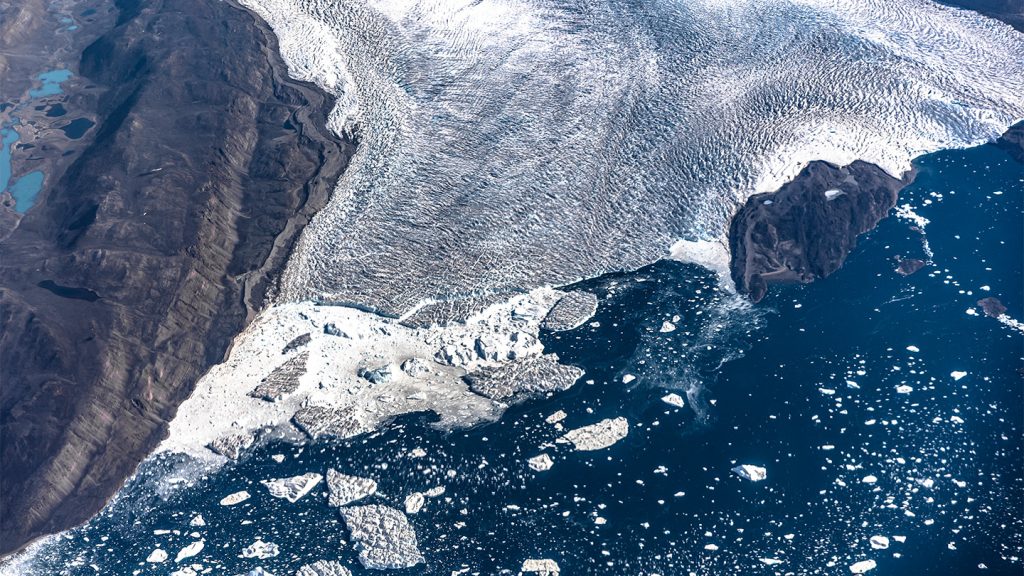Climate change is causing changes in Earth’s rotation due to the melting of ice sheets, as well as other factors such as earthquakes. These changes affect the accuracy of atomic clocks used for international timekeeping standards, resulting in the need for adjustments to match the planet’s actual spin. The introduction of leap seconds in 1972 was a response to this issue, with 27 leap seconds added to UTC since then. However, there are inconsistencies in how various systems incorporate leap seconds, leading to challenges in maintaining a universal time standard.
The impact of human activities, such as the melting of ice sheets, on the Earth’s rotation rate is a startling development according to geophysicist Duncan Agnew. While the effects of natural events like earthquakes are smaller, the mass shift from melting ice sheets has a measurable impact. The slowdown in Earth’s rotation has actually delayed the need for timekeeping adjustments, with the last leap second inserted in 2016. However, calculations indicate that Earth’s rotation changes, particularly from the core, will require a different approach to timekeeping adjustments, potentially involving the removal of leap seconds from UTC.
An international consortium of metrologists has voted to eliminate leap seconds and instead add larger chunks of time at less frequent intervals in the future, with further details to be resolved by 2026. The current system of adding leap seconds irregularly has proven challenging for financial markets and satellite navigation systems that rely on precise timing. The current alignment of Earth’s rotation and atomic clocks is only temporary, as the slowing rotation of the core will eventually necessitate the removal of leap seconds in order to maintain synchronicity.
Climate change has provided a slight delay in the need for time adjustments due to the Earth’s rotation changes, giving global timekeepers an additional two or three years before changes are required. However, projections indicate that by 2030, adjustments will need to be made regardless of future melting scenarios. Geophysicist Jerry Mitrovica notes that the world will eventually need to lose time or revise international timekeeping guidelines to adapt to the changing rotation of the planet. Overall, the impact of climate change on Earth’s rotation highlights the interconnectedness of human actions and the natural world.


